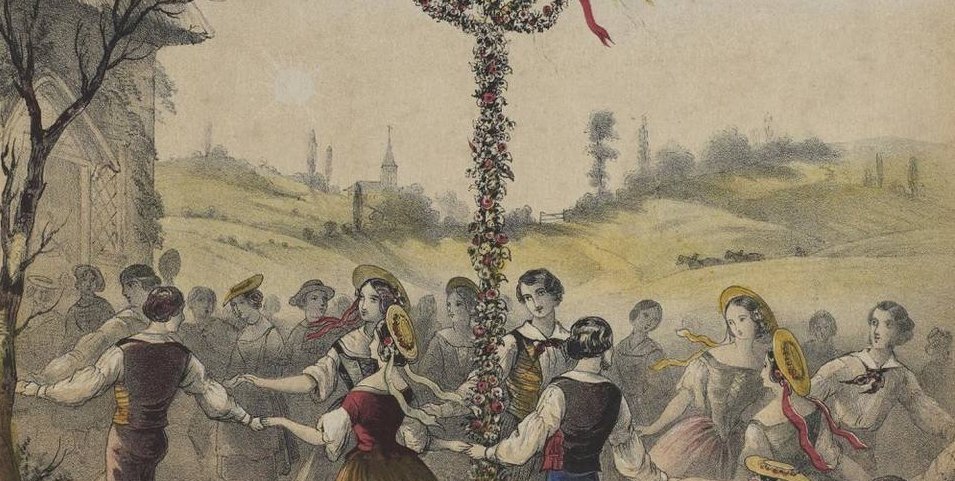With the government urging everyone back to their offices, whether they want to or not, and the Chancellor announcing that the furlough scheme 4 million of us relied on will be ending next month, 2020’s Covid Summer is officially at an end, even if the virus itself isn’t.
The necessity of us all going back to work, for the sake of the nation’s economic health, may be unarguable. But at the same time, it’s hard not to feel that a great national opportunity for rebalancing work and life is somehow being missed; that Covid, for all its anxiety and danger, somehow broke the spell of normality, chaining us to Larkin’s hated “toad, work,” and that by rushing too quickly to return to our old ways, we’re squandering the possibility to explore alternatives.
It’s interesting then, that our more industrious continental cousins in Germany are extending their furlough scheme for another year, and doubly interesting that Germany’s also rolling out an experiment with Universal Basic Income, in which 120 people will receive a monthly payment of €1200 to assess the economic and social merits of the utopian idea.
The Basic Income debate “is — on both sides — shaped by clichés,” argues the study’s leader, Jürgen Schupp:
Who can say for sure? Our own government’s furlough scheme was, in some ways, a basic income trial by another name, and a broadly popular one, though by essentially paying people not to work, it surely skewed the results towards mass indolence.
Advocates for UBI argue that, instead of enabling the population to loaf around unproductively, a well-thought-out basic income scheme — funded by cracking down on corporate tax avoidance schemes rather than by taxing wage-earners — would instead create a happier and more productive national workforce, giving people the baseline financial security to start their own small businesses, perhaps by turning passions and hobbies into a source of income.
The German trial will hopefully assess the truth of these claims one way or another. But it’s hard not to think our mixed feelings about returning to the office show a tension within post-liberalism, and the Labour movement generally: between the Weberian Protestant work ethic and belief in the dignity of labour for its own sake on one hand, and the very Anglo-Catholic nostalgia for a prelapsarian Merrie England, whose merriness was largely a result of its abundance of free time.
Now the summer’s over, perhaps there’s some political advantage to be had for any party willing to rejig our work-life balance: we might all be going back to school, but the playing fields outside the classroom window will surely look more tempting than ever before.











Join the discussion
Join like minded readers that support our journalism by becoming a paid subscriber
To join the discussion in the comments, become a paid subscriber.
Join like minded readers that support our journalism, read unlimited articles and enjoy other subscriber-only benefits.
Subscribe